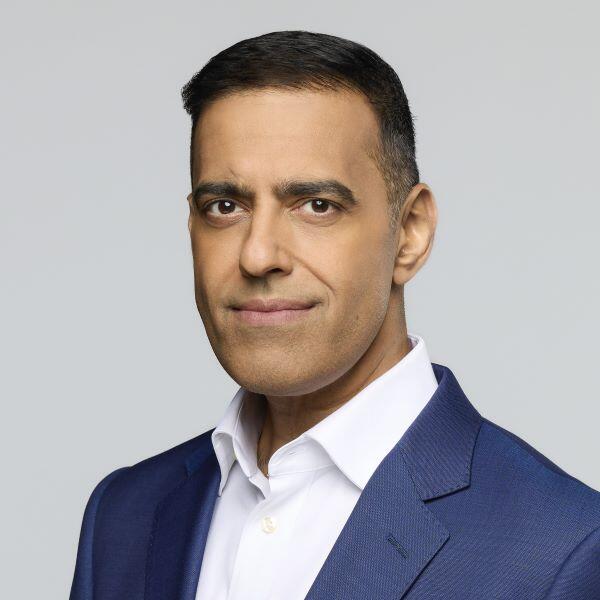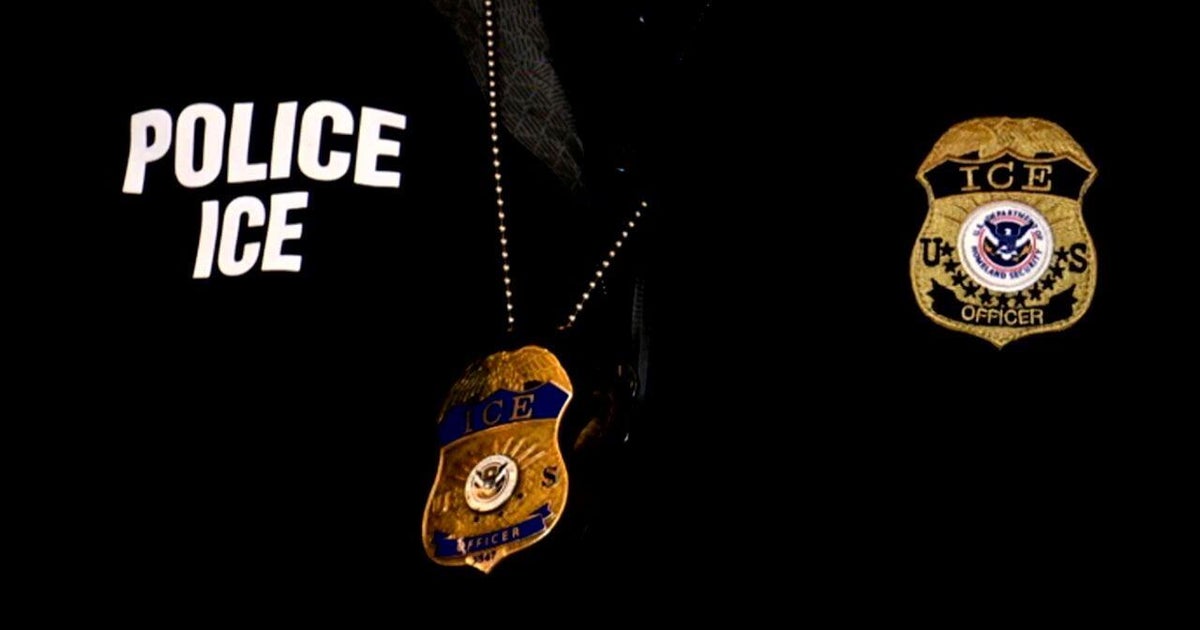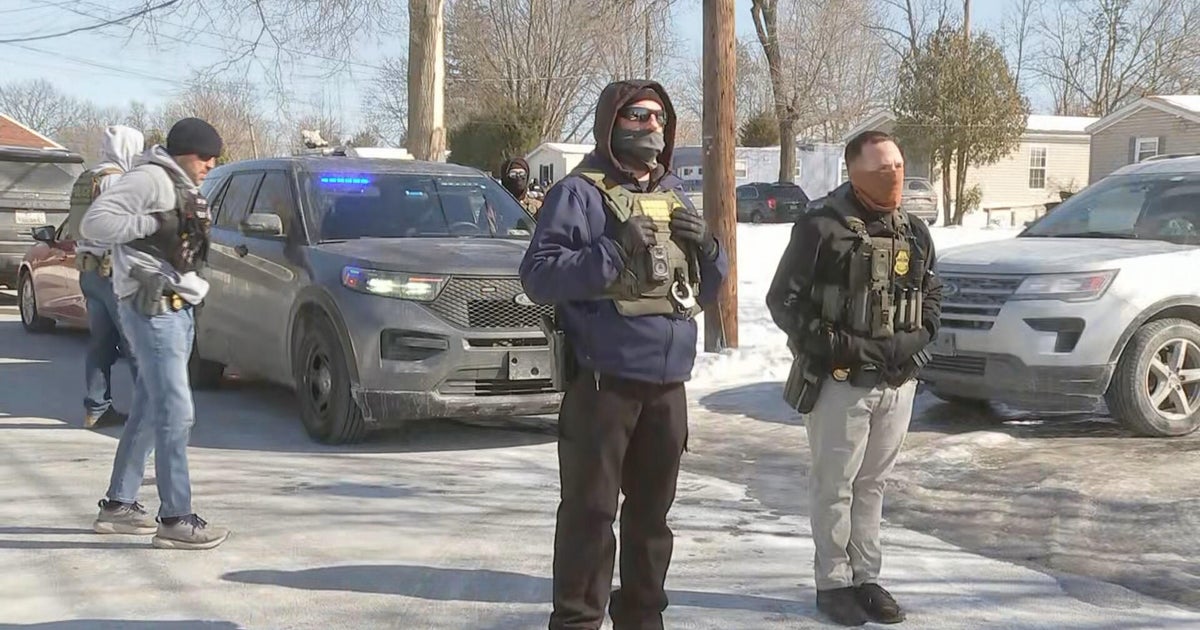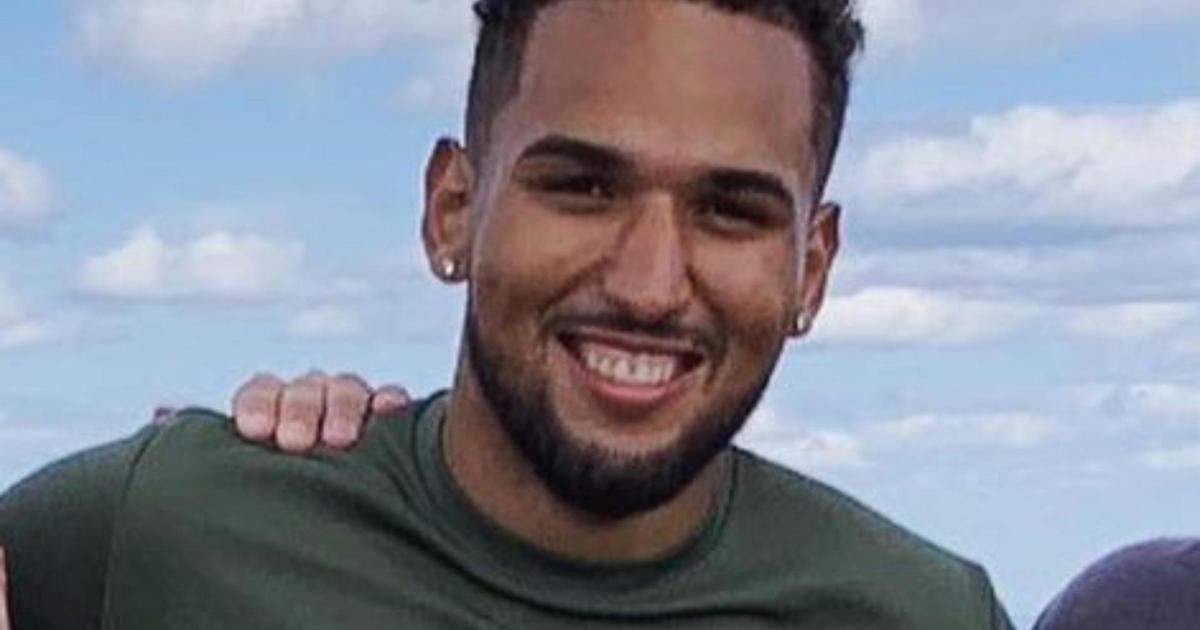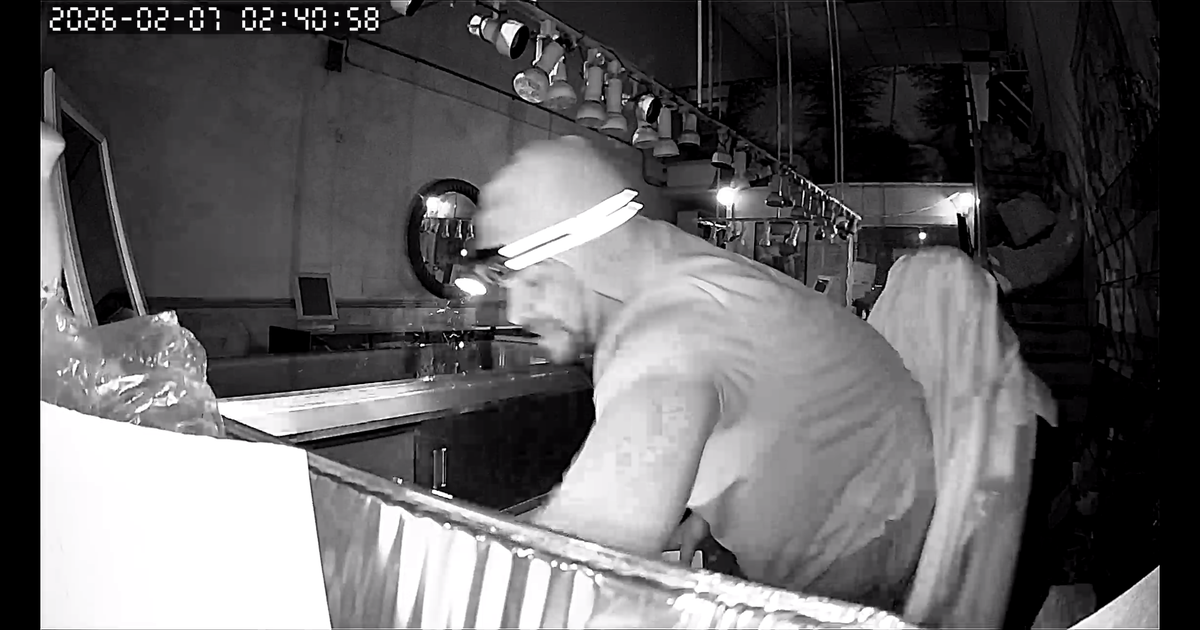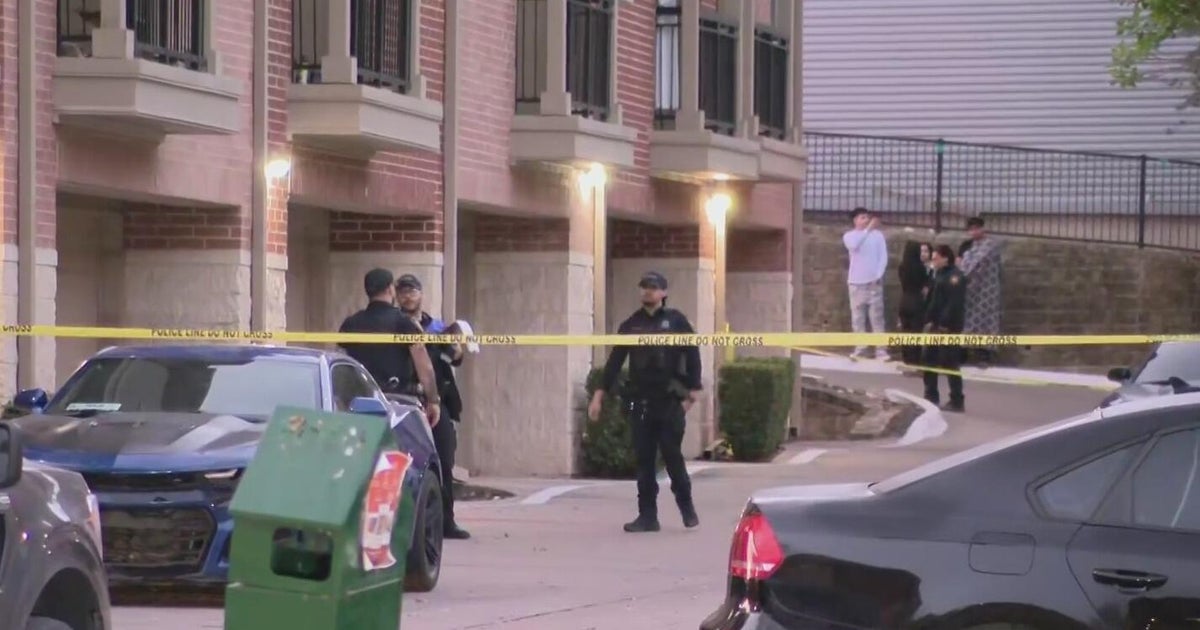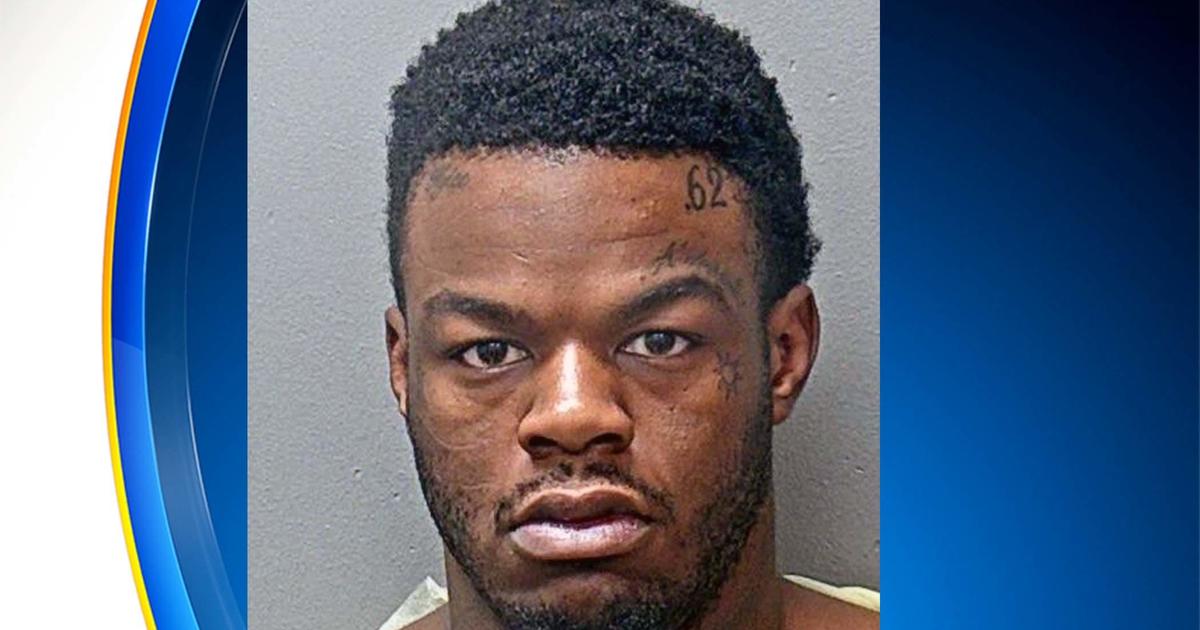U.S. terrorist watchlist grows to 2 million people — nearly doubling in 6 years
Watch the CBS Reports documentary "The Watchlist: 20 Years of Tracking Suspected Terrorists" in the video player above.
The U.S. government's terrorist watchlist has nearly doubled in size in just six years, a CBS Reports investigation has found.
An extensive review of court records, government documents and interviews with more than a dozen current and former intelligence community leaders revealed that the consolidated database of individuals has not only been quietly expanding in number but also in who it targets.
The numbers speak for themselves. When it first launched on Dec. 1, 2003, the consolidated watchlist — now known as the Terrorist Screening Dataset — included approximately 120,000 people. By 2017, the last publicly confirmed numbers, it included nearly 10 times as many: 1,160,000 individuals. Now, at the end of 2023, the Terrorist Screening Dataset contains the names of approximately 2 million people the government considers known or suspected terrorists, including thousands of Americans, according to a CBS Reports investigation.
"It doesn't mean they're a terrorist," cautioned Russ Travers, a veteran of the U.S. intelligence community for four decades who helped create the watchlist. "It means there's something that has led a department or agency to say, 'This person needs a closer look.'"
Government policy says agents must have "reasonable suspicion" to put a person on the watchlist. But it does not disclose what those suspicions are based on, and the government will neither confirm nor deny whether an individual is on the list.
"Those 2 million people who are on the list are on there for a reason," said Monte Hawkins, who has served on the National Security Council for every administration since 9/11 and currently helps oversee watchlisting policy for President Biden. He notes that "a vast majority" of those listed are not U.S. citizens or legal permanent residents.
National security officials acknowledge that there are people listed in the consolidated terrorist database whose names should probably be removed, but that there isn't enough staff to audit every person's file regularly.
"I'm sure that there are a lot of people that are in the database that are dead, that we don't even know it," said Travers.
The interagency group that oversees the watchlist also administers a second list targeting primarily American gangs with international ties. That other watchlist, known as the Transnational Organized Crime Actor Detection Program, contains another 40,000 individuals, according to a recent audit obtained by CBS News.
Being on a watchlist can have significant consequences on people's lives. In countless civil lawsuits over the past 20 years, people have described how they believe the watchlist caused them to be stopped from flying home after a vacation, to fail a background check to get jobs, or to have their phones and computers searched. Others said it triggered law enforcement to handcuff them at gunpoint, or that they were detained and interrogated by foreign intelligence services.
Over the years, tens of thousands of innocent people have complained to the government about being incorrectly treated like terrorist suspects. According to the Department of Homeland Security, 98% of those who've reported complaints were subjected to "false positives," meaning that they were flagged because their names were similar to others in the database.
The TSA redress department director stated in late 2006 that over the preceding year alone, the names of approximately 30,000 airline passengers were mistakenly matched with those appearing on federal watchlists.
Someone who believes they've been wrongfully impacted by the watchlist can file a complaint with the Department of Homeland Security requesting redress. However, this is unlikely to help those who are on the watchlist, whether they're innocent or not. In one case, it took a Stanford PhD student fighting a nine-year court battle to prove that she was wrongfully listed; the FBI finally admitted she was watchlisted by mistake because an agent had accidentally checked a wrong box.
The FBI told CBS News that it recently revised its criteria to require more identifying information about individuals for them to be added to the database. If enough information is not provided for any individual, that person won't be listed, and people already on the list will be removed if their files are deemed too thin under the new standard. Officials said they were also prioritizing the collection of biometrics, particularly faces and fingerprints, to reduce cases of mistaken identity.
According to U.S. national security assessments for 2023 and 2024, the threats of both foreign and domestic terrorism are on the rise. According to intelligence community insiders, the government considers it imperative to rely on the watchlist as part of its "early warning system."
But civil liberties advocates as well as former counterterrorism insiders who've worked directly on watchlisting expressed concern over the system's expansion, calling attention to government abuses, errors and a lack of willingness to admit mistakes over the two decades since it launched.
"People might think that the watchlisting system is a remnant of 9/11. It is not," said Hina Shamsi, National Security Project director at the American Civil Liberties Union. "This is a system that has only expanded."
A series of federal lawsuits allege that FBI agents have violated policy, for example, by putting innocent people in the database to coerce them into becoming informants. Critics said efforts at accountability have also been stymied by a culture of secrecy and lack of disclosure — issues the Biden administration acknowledges.
"We are hearing you, we are making changes. … We're not some kind of heartless bureaucrats that just want to build this giant watchlist," said Hawkins. "There is an effort going on now within the White House, within the Domestic Policy Council and in the National Security Council, to look at some of these concerns and see what can be done to either improve the redress process or become more transparent with the public."
Federal officials did not specify when reforms would be announced, only that they were "underway."
